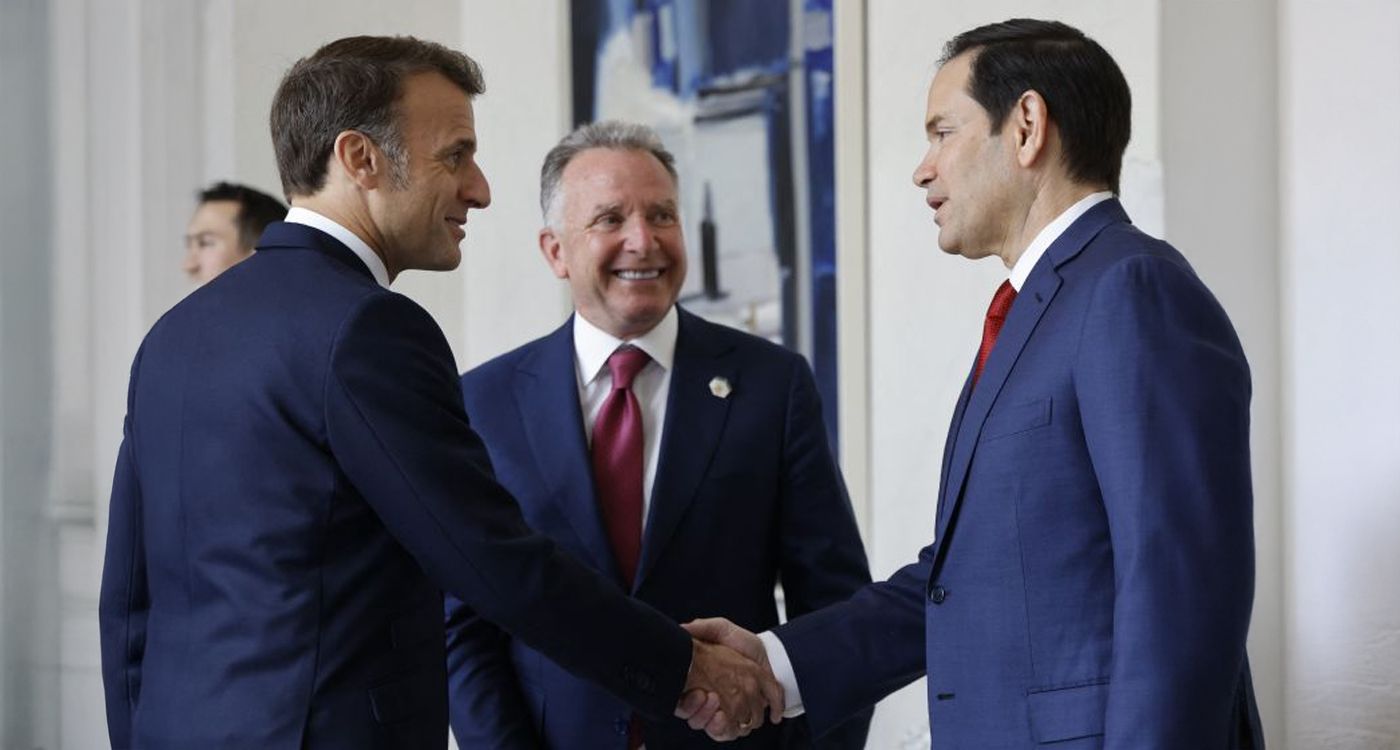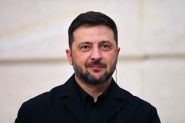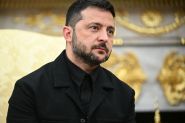- Home
- Middle East
- Paris and Washington Face Off Over Peace in Ukraine

France's President Emmanuel Macron (L) shakes hands with US Secretary of State Marco Rubio (R) next to US Special Envoy Steve Witkoff before a meeting at the Elysee presidential palace in Paris on April 17, 2025. ©Ludovic MARIN / POOL / AFP
During a visit to Paris on Thursday, April 17, US Secretary of State Marco Rubio is working to revive ceasefire talks on Ukraine. But while the US pushes for a swift agreement, European leaders fear a rushed deal could undermine Ukraine’s territorial integrity.
Diverging Positions
Three years into the war between Russia and Ukraine, the conflict has settled into a stalemate, with no major military breakthroughs and no clear path to victory for either side. Talks remain at a standstill, as both sides’ demands continue to block any meaningful progress. Moscow insists on an end to Western support for Ukraine and recognition of the territories it has seized, while Kyiv refuses to give up any part of its land.
The US Secretary of State’s visit to Paris comes with a clear objective: to speed up talks toward a ceasefire. Backed by US President Trump, Washington is stepping up efforts to secure a swift peace deal in Ukraine. The aim is to bring the war to a close quickly, as public fatigue over the conflict continues to grow in parts of the American electorate. For the White House, halting the fighting would allow it to shift focus back to domestic priorities.
However, this approach has met with strong resistance in Europe.
Paris, Berlin and Brussels appear aligned in the view that a premature ceasefire would only play into Russia’s hands. A lasting peace cannot be achieved without the withdrawal of Russian troops from Ukrainian territory.
The fear of repeating the mistakes of the 2014 Minsk agreements—which had frozen the ongoing conflict in Donbass without addressing its root causes—remains a key concern for European leaders. For French President Emmanuel Macron and German Chancellor Olaf Scholz, any political solution must include Ukraine at the negotiating table, a scenario that seems to be ruled out by both Washington and Moscow.
A spokesperson for the European Union stated last March that "the end of Russia's unprovoked and unjustified aggression in Ukraine, along with the unconditional withdrawal of all Russian military forces from Ukrainian territory, would be the main prerequisites for modifying or lifting sanctions."
Diplomatic Challenges Ahead
The Paris diplomatic talks mark a crucial moment in the Ukraine conflict. They will either reconcile American and European approaches around a credible, reliable peace plan, or further deepen tensions within the Western camp.
Ukrainian President Volodymyr Zelensky continues to publicly insist that he won’t accept any agreement that compromises Ukraine’s territorial integrity. However, given American pressure, the prolonged conflict and economic and diplomatic weariness, Ukraine’s room for maneuver could be significantly limited.
Beyond Ukraine’s fate, the strategic balance between Washington, Paris and Moscow is now at play in the French capital.
Read more



Comments